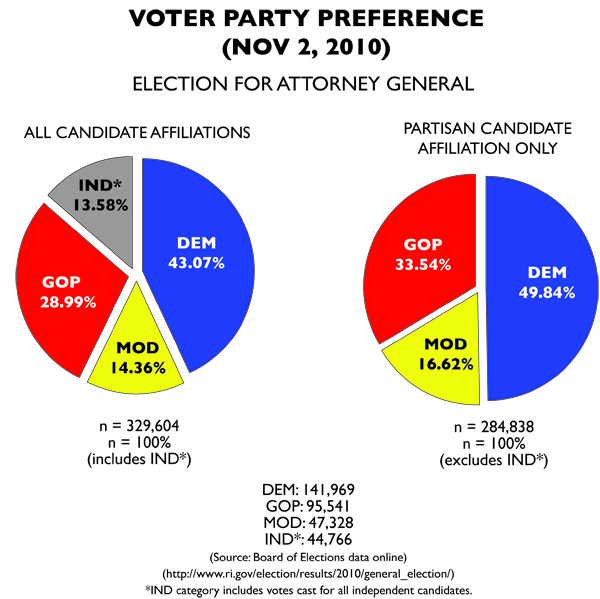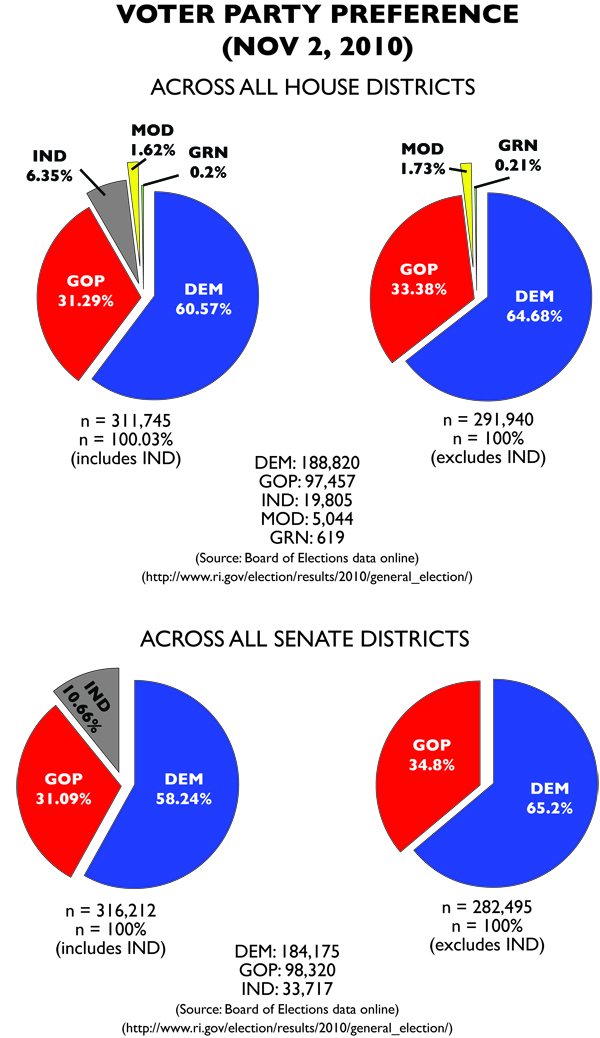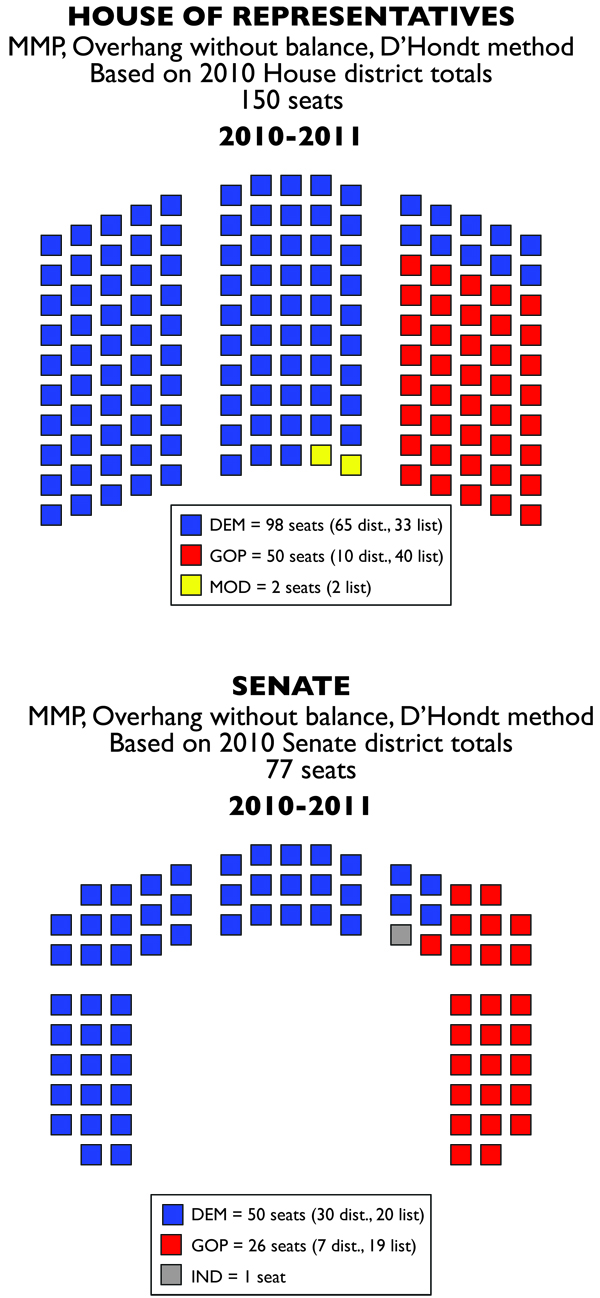
The Board of Education failed to act on a request to address the NECAP test graduation requirement raised by the ACLU, the Providence Student Union and other community groups, according to a lawsuit filed by the groups. Click here to read the complaint.
“They have to act on our petition,” said Steve Brown, executive director of the RI ACLU. “They can deny it, but they have to address it and they have not.”
According to the lawsuit, the Board of Education missed the deadline to address a petition raised by the public. The Board met last week, but did not discuss the issue or have it listed in its agenda. Many members of the public showed up to speak on the issue, and several were not allowed to be heard during the open forum section of the meeting.
“There is tremendous uncertainty regarding the NECAP test that is causing extraordinary stress and anxiety among thousands of families in the state,” Brown said. “It’s perhaps the major issue out there and the Board needs to grapple with it.”
Board Chairwoman Eva Mancuso has told reporters that the Board plans to address the matter in private at its August retreat. Brown thinks the issue should be discussed publicly as well. “This is precisely what the open meetings law is all about,” he said. “This is an extremely critical public issue.”
Here’s more from the ACLU’s press release:
Numerous questions have been raised about the validity of the NECAP test (and others) as a high stakes testing tool. When the NECAP was introduced in Rhode Island, the Department of Education specifically acknowledged that it should not be used for making graduation decisions. A comprehensive 2011 study by the National Research Council concluded more generally that “high school exit exam programs, as currently implemented in the United States, decrease the rate of high school graduation without increasing achievement.”
Last month, the General Assembly entered the fray by approving a resolution calling on the BOE to delay implementation of the high stakes requirement. Providence Mayor Angel Taveras made a similar request a month earlier. In a letter accompanying the petition in June, the organizations argued that, rather than educating students, the requirement has led to too much time being spent teaching to the test. In fact, last month, RIDE supported legislation that explicitly authorized school districts to yank students out of core classroom activities to prep for the test if that was deemed to be in the student’s “best interest.”
ACLU attorney Wiens noted today: “While we ultimately hope that the Board adopts our proposed amendments to the NECAP graduation requirements, at this juncture, we are simply asking the Board to consider our petition as the law requires.”






